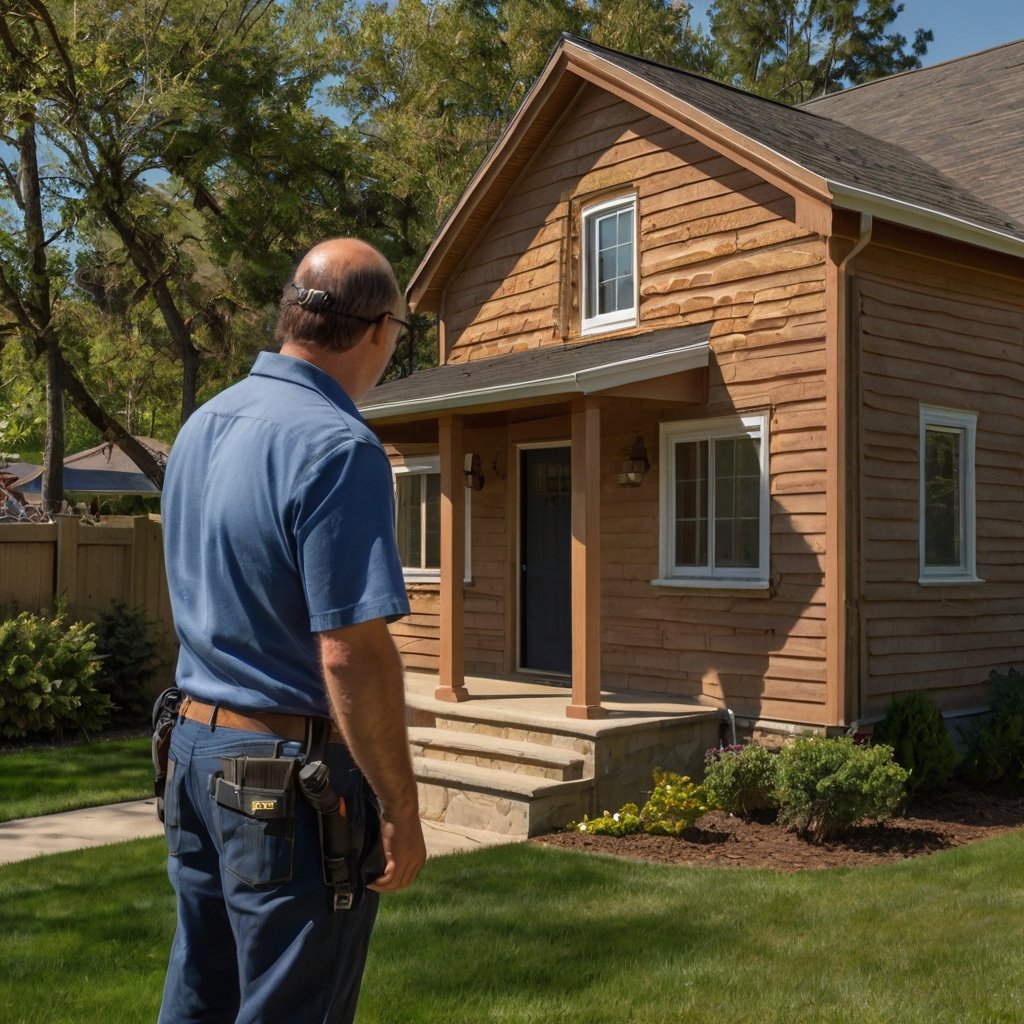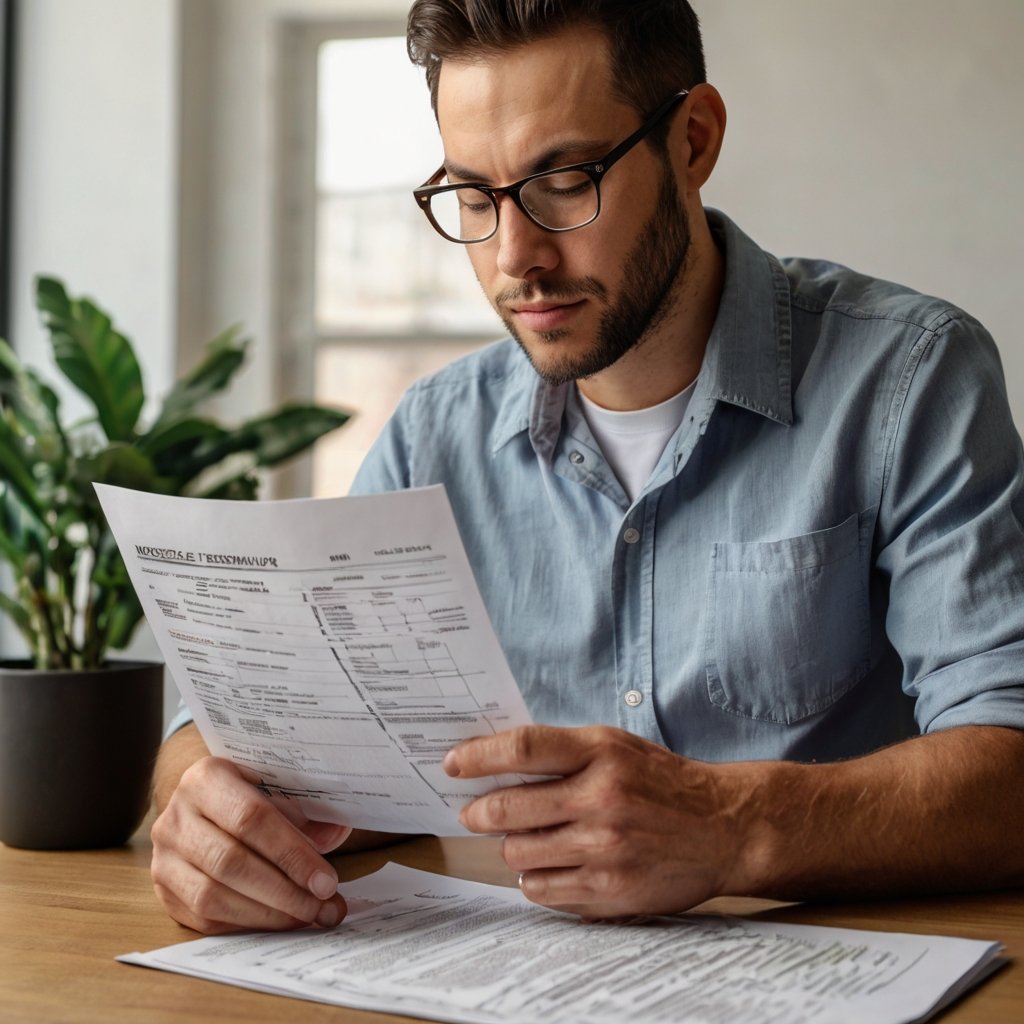If you’ve ever found yourself asking, “How do I start buying my first home?”, rest assured you’re not alone. I was forced to stand in my tiny apartment, dreaming of a home of my own, with a twinge of excitement and fearfulness—like looking at a mountain that I wasn’t sure I could climb. When I finally took the first step, I realized the process isn’t as frightening as it seems; it’s a series of small, attainable steps.
In this guide, I’ll share my own experience, practical tips, and tricks to use as a resource for you to trustingly navigate how do I start buying my first home. If you’re just beginning to look into it or already actively seeking, this blueprint will put you in the right place and avoid common pitfalls.
This is your journey towards homeownership—your future self will thank you!
Understanding What Buying a Home Really Means
Buying your first house is not just buying a property; it’s the beginning of a new chapter in your life. It’s a combination of finance planning, emotional strength, and patience in some situations. I speak from experience.
Why is this important?
Because understanding the scope and emotional depth of the process grounds you, reduces burnout, and enables you to make more informed decisions.
Think of homeownership as planting a seed. With care, patience, and attention, it will grow into something great. But as with any journey, there are downs and ups. Anticipate periods of doubt, surprises, and learning slopes—but also immense pride and joy.

Step 1: Take a Hard Look at Your Finances—Be Honest with Yourself
This step is the foundation. Without a clear picture of your financial health, the rest of your journey can become chaotic.
My Personal Experience:
When I initially thought of buying, I was stunned by how much money I would need to put aside. I did not know how much closing costs, down payment, or monthly payments would be. So, I started with creating a detailed budget. I tracked my spending for a month using Mint, reduced unnecessary memberships, and set a savings goal.
- Assess your savings: Aim for 3-20% of the price of the house as your down payment. The more you save, the better your mortgage rates.
- Check your credit score: A 700+ will get you better interest rates. I worried about credit but learned that timely bill payments and paying down debt can improve it in a snap.
- Calculate your monthly affordability: Enter numbers into internet calculators to discover what mortgage payment will work for you, including taxes, insurance, and utilities.
- Pre-approval: It matters. It signals sellers that you’re serious and enables you to discover your exact price range.
Fall Trap to Avoid:
Avoid skipping credit checks or rushing pre-approval. Low credit or an unresolved budget can lead to disappointment or overexertion.
External Resources:
- MyMoney.gov for budgeting.
- AnnualCreditReport.com for free credit reports.
- Bankrate for mortgage pre-approval information.
Step 2: Define Your Needs and Wants—Be Realistic but Think Big
Understanding exactly what you want is the key to successful house hunting.
My Story:
I had initially hoped for a big yard, new kitchen, and quiet street. But after visiting several houses, I realized that I would have to make some compromises in terms of amenities in order to make the costs fit within my budget. Here is my list:
Essential: 2 bedrooms, in a safe area, close to work
Desirable: a garage, a small yard
This list kept me grounded. It also stopped me from falling for homes that didn’t fit my fundamental needs.
Tips:
- Rank your “must-haves.”
- Be flexible with “nice-to-haves”—you can always add them later.
- Think about your perfect lifestyle; this informs your decisions.
Emotional Reminder:
It’s natural to be frustrated when homes don’t meet your list. Flexibility and patience are your best friends.

Step 3: Dig Deep with Market Research—Become a Real Estate Sleuth
Knowledge is power. The more you understand your local marketplace, the smarter your decisions will be.
How I Did It:
I spent evenings browsing Zillow and Realtor.com, pricing out, comparing amenities, and searching neighborhoods. I even attended open houses (even just to get an idea). Discussing with local agents gave me insider tips.
What to Look For
- Average home prices in your desired areas.
- Length of time homes stay on the market.
- Trends and if prices are going up or down.
Avoidance Pitfall:
Don’t just browse online listings or assume prices are set. The market changes, and houses sell rapidly or don’t sell at all.
External Data:
- NAR Research reports on markets.
- Fannie Mae tracks home price trends.
Step 4: Obtain a Trustworthy Real Estate Agent—Your Home-Buying Partner
The right agent is worth their weight in gold.
How I Found Mine:
I asked friends and relatives for referrals. Screened several, interviewing them on experience, communication skills, and comfort with my needs. I chose someone who listened and was willing to assist.
Why it Matters:
A seasoned agent can:
- Find listings sooner.
- Get better bargains.
- Be present with you throughout inspections and closing.
Pitfall to Avoid:
Don’t settle for an agent that doesn’t respond or doesn’t achieve your goal. It’s your journey, and you want someone who advocates your corner.

Step 5: Start House Hunting—Be Patient and Persistent
Now the fun part—house hunting.
My Experience:
I visited dozens of homes, sometimes getting discouraged, but each visit was a chance to discover something new. I kept running lists of pros and cons for each. When I finally found a home that had most of what I wanted, I knew it was worth exploring.
Tips:
- Set time on a regular basis to view.
- Bring along notes and photographs.
- Don’t be so hasty—wait for the one.
Emotional Tip:
It’s natural to feel attached or frustrated. Keep in mind: the perfect home is out there. Keep looking.
Step 6: Making an Offer—Negotiate Like a Pro
Found the perfect home? Time to make an offer.
My Approach:
My agent instructed me on comparable sales and current market conditions in order to make a sound offer. I was open-minded, anticipating that I may need to negotiate.
Tips:
- Start with a good but competitive bid.
- Be prepared to deal with counteroffers.
- Learn about contingencies: inspections, financing, appraisal.
Trap to Avoid:
Don’t fall in love too quickly. Think strategically and patiently wait for negotiations.
Step 7: Inspect & Get Your Mortgage—Protect Your Investment
Once your offer is accepted:
- Request a home inspection. I hired a certified inspector; it revealed some minor defects that I negotiated on.
- Shop around between mortgage lenders. A small interest rate variation can save you thousands in the loan’s lifetime.
- Read all documents carefully before signing.
My Experience:
I was concerned about unexpected problems, but the inspection uncovered minor plumbing issues. I negotiated repairs at closing time to prevent future headaches.
Pitfall to Avoid:
Taking shortcuts by forgoing inspections or rushing mortgage approval can lead to expensive surprises. Be patient.
External Resources:

Step 8: Closing Day—Your Dream Becomes Reality
The day you get the keys! It’s a touchy-feely milestone.
- Sign paperwork.
- Pay closing fees.
- Transfer money.
- Receive your house keys.
My Personal Moment:
It was the first time I held the keys in my own hand, and I felt a surge of pride and relief. It was the end of months of dedication.
Post-Purchase: Become a Confident Homeowner
Your journey does not end at closing.
Tips:
- Budget for ongoing maintenance.
- Keep up with taxes and insurance.
- Personalize your space in phases.
My Advice:
Don’t forget the maintenance. Maintenance today saves you money later on. I learned this the hard way when I didn’t heed small issues, which made enormous problems.
Common Mistakes to Avoid (and How to Avoid Them)
- Overextending Financially:
Stay within your means. Everyone wants to stretch for a dream house, but paying what you can afford will bring you peace of mind. - Steering Clear of Inspections:
Always get a professional inspection performed. It’s a small amount of money well worth it that will keep you out of thousands. - Rushing Through the Process:
Be patient. Hurrying will lead to mistakes or settling for something you don’t want. - Lack of Research:
Understand the market, the community, and your own budget. - Oversight of Future Requirements:
Consider long-term. Will the house meet your needs in 5 or 10 years?
Last Personal Reflection
My own homeownership journey was filled with ups and downs. There were late-night worries, surprises, and moments of doubt. But each step taught me resilience and patience. Today, my home isn’t just a property—it’s a sanctuary, a place where I’ve built memories.
If I could give one piece of advice: trust yourself. This is a hard process, but you can do it. Ask for help when you need it, learn as much as you can, and keep your eye on the prize.
Your Journey to Homeownership Starts Today
So how do I go about purchasing my first home? Take that very first small step—get your finances in order, set your goals, and educate yourself. All homeowners were once first-timers.
Your dream home is within reach. Have faith in the process, be patient, and rejoice at each milestone.
Join Our Community!
Getting into homeownership for the first time? Share your questions, concerns, or successes in the comments. For more advice, anecdotes, and tools, visit HavenPosts. We’ve got your back throughout the process!
Additional Tips & Personal Stories to Remember
Be Prepared for Disappointments:
Not every house will be perfect, and negotiations sometimes fail. I had an offer turned down, which was disappointing, but I gained experience. Being open-minded and persistent can also turn disappointments into positives.
Don’t Be Scared to Walk Away:
If something doesn’t feel right or major problems are found during inspections, it’s alright to walk away. Preserve your money and sense of well-being.
Assemble a Support Network:
Rely on friends, family members, or mentors who have gone through the process. Their advice can be priceless.
Be Emotionally Aware:
It’s easy to fall in love with a home, but keep emotions in check. Don’t allow feelings to overshadow sensible thinking. Stay intent on your objectives.
Buying your dream home is a big deal—one which may be overwhelming to start with but is possible with the right plan. Remember: we all start out as newcomers, and each step brings you that much closer to your goal.
Believe in yourself, be patient, and don’t be afraid to ask for help. Your perfect home is out there—start today!
If you’d like, I can send you personalized checklists, templates, or even motivational quotes to assist in supporting your journey. You simply need to tell me!



